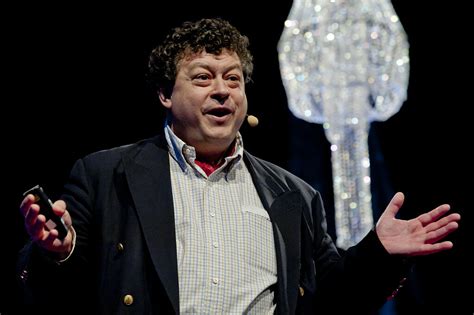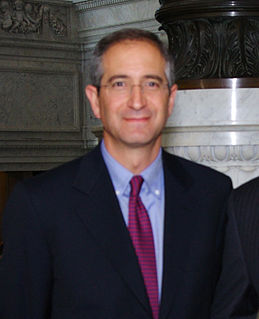A Quote by Sergey Brin
The kind of environment that we developed Google in, the reason that we were able to develop a search engine, is the web was so open. Once you get too many rules, that will stifle innovation.
Related Quotes
This intelligence, or what I'll call "the wisdom of crowds," is at work in the world in many different guises. It's the reason the Internet search engine Google can scan a billion Web pages and find the one page that has the exact piece of information you were looking for. It's the reason it's so hard to make money betting on NFL games, and it helps explain why, for the past fifteen years, a few hundred amateur traders in the middle of Iowa have done a better job of predicting election results than Gallup polls have.
Even companies that do big business online struggle to be noticed by Google users. The Web, after all, is home to some 120 million Internet domains and tens of billions of indexed pages. But every company, big or small, can draw more Google traffic by using search-engine optimization - SEO, for short.
In spite of my own reservations about Bing's ability to convert Google users, I have to admit that the search engine does offer a genuine alternative to Google-style browsing, a more coherently organized selection of links, and a more advertiser-friendly environment through which to sell space and links.
Artificial intelligence would be the ultimate version of Google. The ultimate search engine that would understand everything on the Web. It would understand exactly what you wanted, and it would give you the right thing. We're nowhere near doing that now. However, we can get incrementally closer to that, and that is basically what we work on.
Competitors argue that Google rigs its search algorithms to demote listings for competing search engines. Many of the allegations of demotion come generally from sites of pretty questionable quality, such as Nextag and Foundem. Some of Google's primary competitors in 'specialized search' clearly place well in search results - Amazon and Yelp.






























